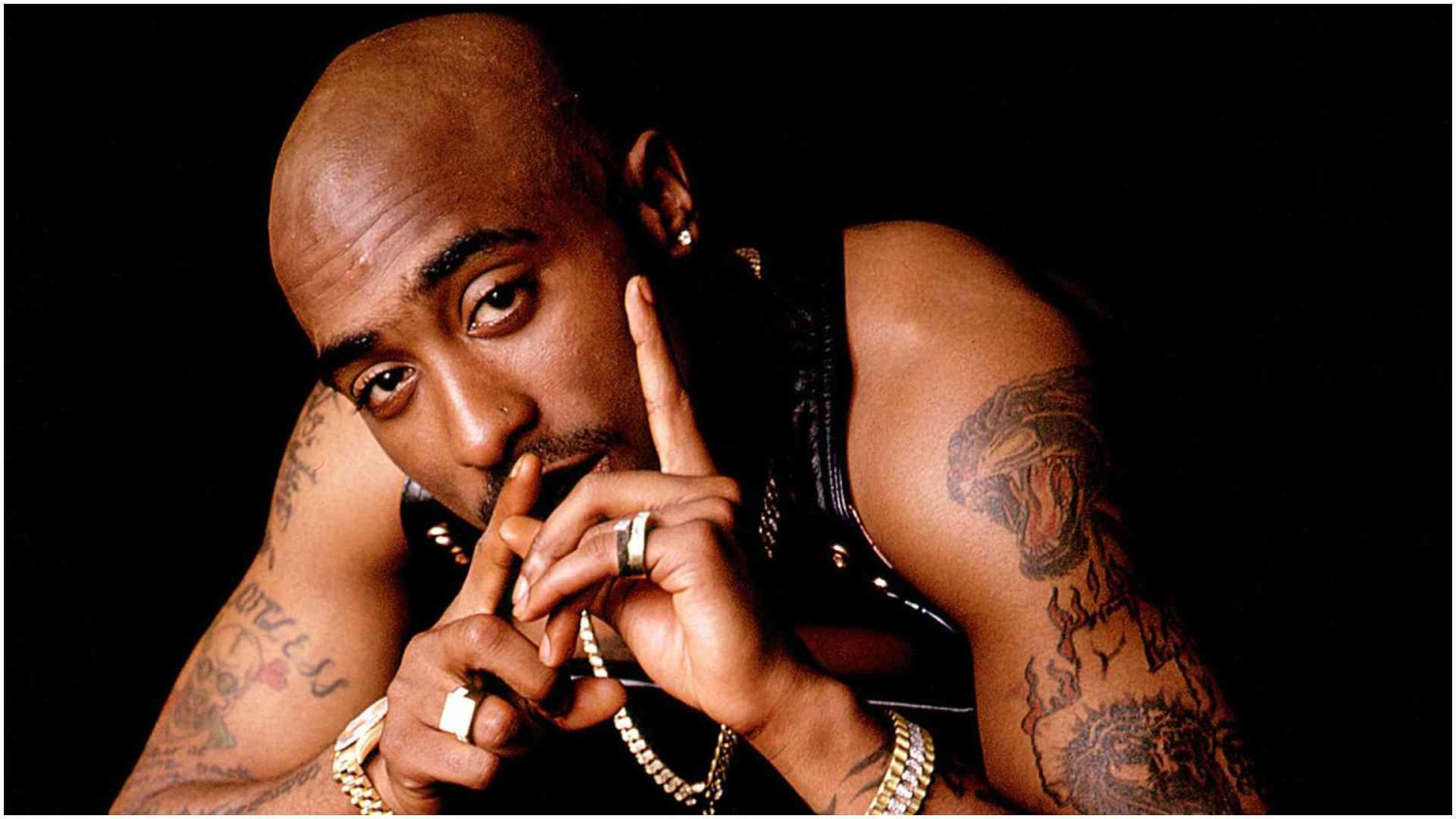Twenty-nine years ago today, the music world lost one of its brightest and most complex voices.
Tupac Amaru Shakur, a rapper, poet, actor, and activist, died on September 13, 1996, at just 25 years old.
His death, the result of a drive-by shooting in Las Vegas, remains one of the most haunting tragedies in hip-hop history.
On the night of September 7, 1996, Tupac was in Las Vegas to attend a Mike Tyson fight at the MGM Grand. After the bout, an altercation broke out involving members of a rival gang.
Hours later, while riding with Death Row Records boss Suge Knight, Tupac’s car stopped at a red light.
A white Cadillac pulled up, and gunfire erupted. Tupac was struck four times. He held on for six days before succumbing to his injuries on September 13.
Rumours had it that the Notorious B.I.G. was involved in the murder, he would also later suffer the same fate where he was murdered in another drive-by shooting six months later in March 1997, while visiting Los Angeles
But for years, the question of who killed Tupac lingered. Orlando “Baby Lane” Anderson, a Compton gang member who fought with Tupac that night, was long suspected but never charged before his death in 1998.
The case remained cold until September 2023, when Las Vegas police arrested Duane “Keefe D” Davis, Anderson’s uncle, charging him with orchestrating the ambush. Nearly three decades later, justice still feels incomplete, with many details unresolved.
Yet Tupac’s story is not defined solely by his death. In life, he was an artist of contradictions: fiery yet vulnerable, defiant yet thoughtful.
His albums, from “Me Against the World” to “All Eyez on Me”, reshaped hip-hop with their raw honesty and storytelling power.
Songs like “Dear Mama,” “Keep Ya Head Up,” and “Changes” remain significant eons later.
Beyond music, his acting roles in “Juice”, “Poetic Justice”, and “Above the Rim” showcased his versatility and hinted at a career that might have extended far beyond rap.
His legacy has only expanded in his absence.
He was inducted into the Rock and Roll Hall of Fame, honoured with countless posthumous awards, and continues to inspire not just musicians but scholars, activists, and everyday people who see in him a voice for the marginalized.
Shakur has been named as a legend and some typical myth adored beyond the studio to lecture rooms. In 1997, the University of California, Berkeley, offered a course led by a student titled “History 98: Poetry and History of Tupac Shakur”.
In April 2003, Harvard University cosponsored the symposium “All Eyez on Me: Tupac Shakur and the Search for the Modern Folk Hero”, where Shakur’s influence as both an artist and an activist was analysed. The papers presented cover his ranging influence from entertainment to sociology. Calling him a “Thug Nigga Intellectual”, an “organic intellectual”.
Nearly three decades on, Tupac is remembered not just as a casualty of violence, but as a symbol of resilience and truth.
